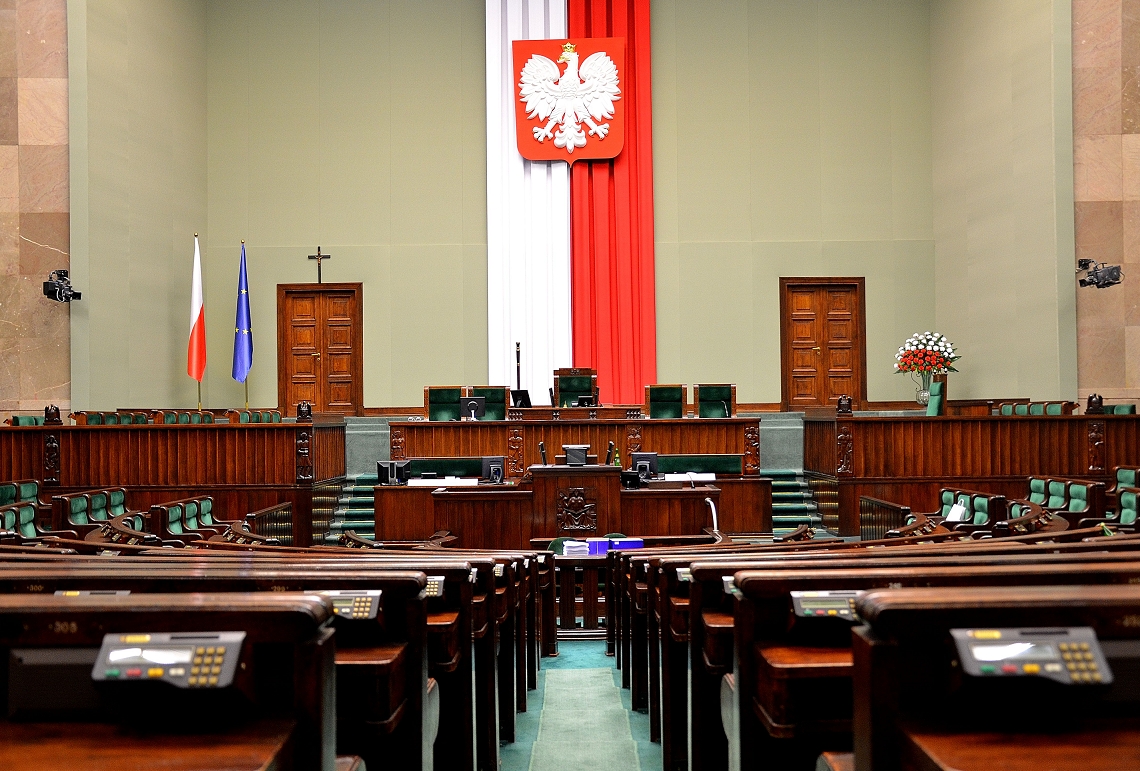Mateusz Morawiecki emphasized that he would not allow for such defamation of the choices made by Polish citizens.Continue reading

The Polish government has asked the Sejm to approve a four-question referendum that would be held in conjunction with the October parliamentary elections. It would include four questions on the privatization of state assets, the retirement age, the fence on the Belarusian border and the EU migrant distribution proposal, reports Hirado.hu. The Hungarian government has already held a referendum on the so-called migrant quota in 2016, and Poland could soon be following in our footsteps.
The first question is on state assets: “Do you support the sale of state-owned companies to foreign entities so that Poles lose control of strategic sectors of the economy?”. The government’s motion justifies this question by pointing out that opposition party Civic Platform (Platforma Obywatelska, PO) has pursued a large-scale privatization of state assets and allowed the sale of strategic energy companies to Russia during their governing. The current opposition “openly advocates the continuation of such a plan”, according to the Law and Justice (PiS) government.
The second question is: “Do you support raising the retirement age, including the restoration of the age of 67 for men and women?”. The reason given was that the PO-led coalition government raised the retirement age to 67 in 2012, while under the current Law and Justice (PiS) government it was lowered to 60 for women and 65 for men. The current leadership pointed out that the opposition is calling for the age to be raised again.
“Do you support the dismantling of the barrier on the border between Poland and Belarus?” is the third question. The justification refers to the migratory pressure on Poland through Belarus, the deployment of the private Russian army Wagner in Belarus and the military operations organized with its participation near the Polish border. They recall that the steel border fence, equipped with an alarm system, has been described by some as “unnecessary”.
The fourth question concerns migration: “Do you support the reception of thousands of illegal immigrants from the Middle East and Africa, in line with the forced distribution mechanism advocated by the European bureaucracy?”.
The explanatory memorandum underlines that the EU mechanism is supported by the Polish opposition and “by the circles with which the opposition cooperates at European level” and that the issue is of “enormous importance” for Polish domestic politics.

Illegal migrants are arriving to Europe through the Mediterranean Sea, with their destination mainly being the Italian island of Lampedusa. They usually try to cross the sea with insecure boats, often resulting in fatal accidents. Photo: Facebook/SOS MEDITERRANÉE France
The Hungarian government has already held a referendum on the migrant quota, but this took place in 2016, shortly after the start of the 2015 migration crisis and the first time the idea of a mandatory distribution of migrants was raised. The referendum asked Hungarians whether they agreed with the European Union to impose the compulsory resettlement of non-Hungarians in Hungary without the consent of Parliament. Though the referendum was technically invalid, as less than half of those eligible to vote cast a valid ballot, it is worth pointing out that more than 98 percent of those who voted (3.3. million people) said ‘NO’ to the migrant quotas.
Hungary is the only country in the European Union to have held a referendum on a migrant quota, with Poland now in line to follow if both the Sejm and the Senate approve the proposal.
Although other EU countries have not consulted their citizens, many are eager to accept migrants en masse, regardless of the impossibility of integrating them and the damage they cause to society. Meanwhile, the Hungarian government is being accused by some European forces of democratic deficit, when it has in fact asked the Hungarians what they want, and has not decided without taking their opinions into consideration.
Featured photo via Wikimedia Commons/Adrian Grycuk